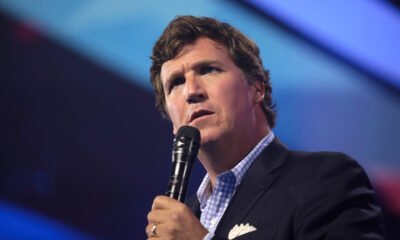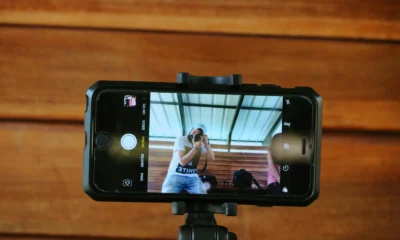Business
How Houston is Attracting Major Film Productions
Lights, camera, action! Houston, Texas, is stepping into the spotlight as a vibrant new hub for film production, captivating filmmakers and audiences alike. With a unique blend of legislative support, economic potential, and diverse landscapes, the city is transforming into a cinematic playground that rivals traditional film capitals. Let’s dive into how Houston is attracting major film productions and what this means for the future of filmmaking in the region.
A Legislative Game-Changer
In a bold move to revitalize its film industry, the Texas Senate has proposed an unprecedented $498 million investment in the state’s film incentive program. This historic funding not only more than doubles the previous budget but also includes $48 million in grants specifically for small films and commercials. The commitment to providing up to $450 million in new tax credits demonstrates Texas’s ambition to reclaim its status as a premier destination for filmmakers. With this kind of backing, Houston is poised to shine brighter than ever on the cinematic map!
Economic Impact: A Boom for Local Businesses
The film sector is proving to be a significant economic engine for Houston. In 2024 alone, film projects generated over $81 million for the local economy—more than doubling last year’s impact! This surge in production not only creates jobs but also stimulates growth across various sectors, from hospitality to transportation. As filmmakers flock to Houston, local businesses are reaping the rewards, making it a win-win situation for everyone involved.
Building a Filmmaker’s Paradise
To accommodate this influx of productions, Houston is investing heavily in its film infrastructure. New soundstages and state-of-the-art facilities are on the horizon, designed to meet the needs of both indie filmmakers and major studios alike. These developments are crucial for attracting high-profile projects that require top-notch resources. With these upgrades, Houston is well on its way to becoming a filmmaker’s paradise!

Incentives That Make Filmmaking Feasible
The Texas Moving Image Industry Incentive Program (TMIIIP) offers enticing rebates ranging from 5% to 20% of in-state spending. This includes wages for Texas residents and costs associated with filming locations and accommodations. Additionally, productions filming in underutilized or economically distressed areas can snag an extra 2.5% rebate! These incentives make it financially feasible for filmmakers to choose Houston as their backdrop, ensuring that creativity flourishes without breaking the bank.
A Tapestry of Unique Locations
Houston’s rich cultural diversity and stunning landscapes provide filmmakers with an array of shooting locations that are simply irresistible. From bustling urban scenes to serene natural settings just a stone’s throw away, the city offers versatile backdrops perfect for any genre—from heart-pounding action flicks to poignant dramas. This unique combination makes Houston an attractive canvas for storytellers looking to bring their visions to life.
Celebrating Cinema: Festivals and Networking
Houston isn’t just about production; it’s also a vibrant hub for cinematic celebration! The city hosts an array of film festivals throughout the year that showcase local talent alongside international works. Events like the Houston Latino Film Festival and Houston Comedy Film Festival not only celebrate diverse storytelling but also create invaluable networking opportunities for aspiring filmmakers and industry veterans alike. These gatherings foster community and collaboration, further enriching Houston’s film landscape.
Challenges Ahead: Navigating Hurdles
While excitement abounds, there are challenges on the horizon. Some legislators express concerns about the allocation of funds to support the film industry. However, with strong advocacy from industry insiders and influential figures like Lt. Gov. Dan Patrick rallying behind these initiatives, there’s hope that these hurdles can be overcome.
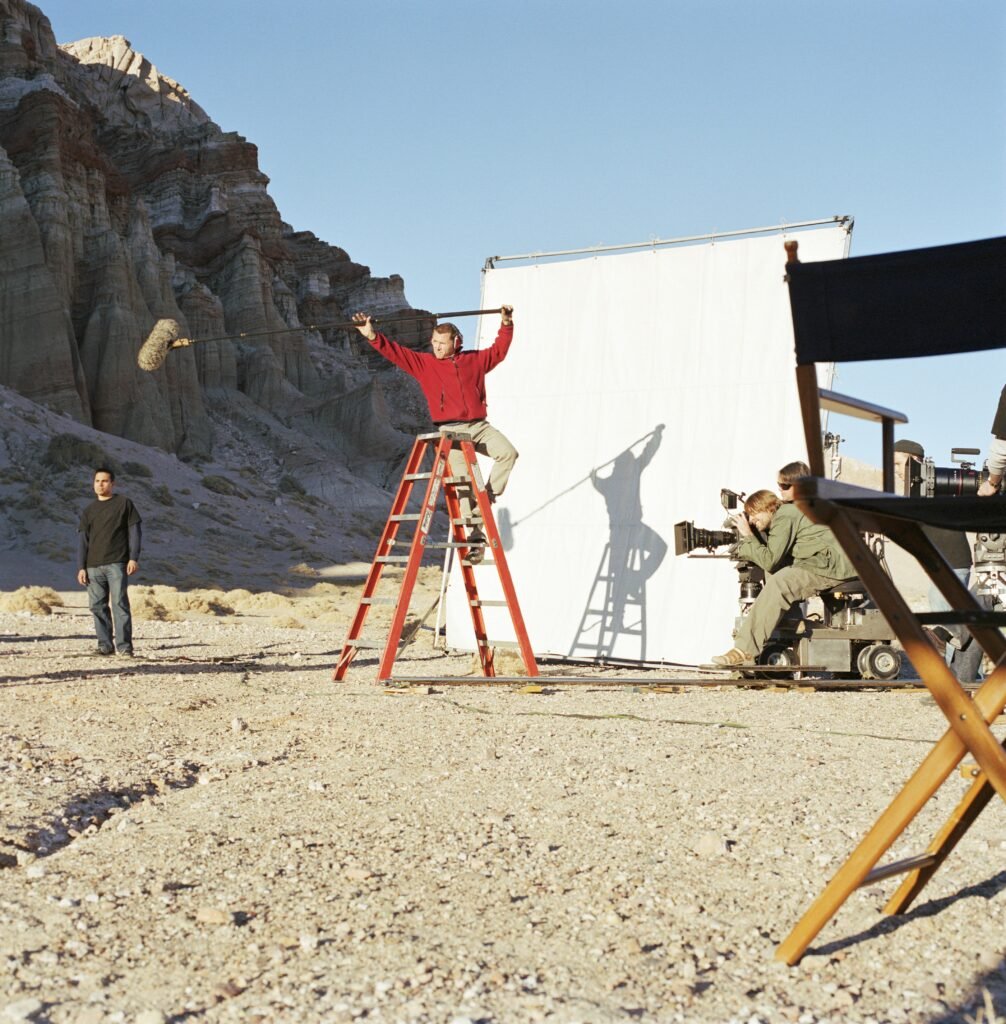
A Bright Future Awaits
As Houston continues to invest in its film infrastructure and leverage its unique attributes, it stands on the brink of becoming a major player in the global film production landscape. The city’s commitment to fostering a thriving cinematic ecosystem—combined with robust state support—suggests that exciting times lie ahead.
So grab your popcorn and get ready! Houston is not just waiting for its moment in the spotlight; it’s stepping boldly into it—ready to tell stories that resonate far beyond Texas borders!

Bolanle Media covers a wide range of topics, including film, technology, and culture. Our team creates easy-to-understand articles and news pieces that keep readers informed about the latest trends and events. If you’re looking for press coverage or want to share your story with a wider audience, we’d love to hear from you! Contact us today to discuss how we can help bring your news to life
Business
How Trump’s Tariffs Could Hit American Wallets

As the debate over tariffs heats up ahead of the 2024 election, new analysis reveals that American consumers could face significant financial consequences if former President Donald Trump’s proposed tariffs are enacted and maintained. According to a recent report highlighted by Forbes, the impact could be felt across households, businesses, and the broader U.S. economy.
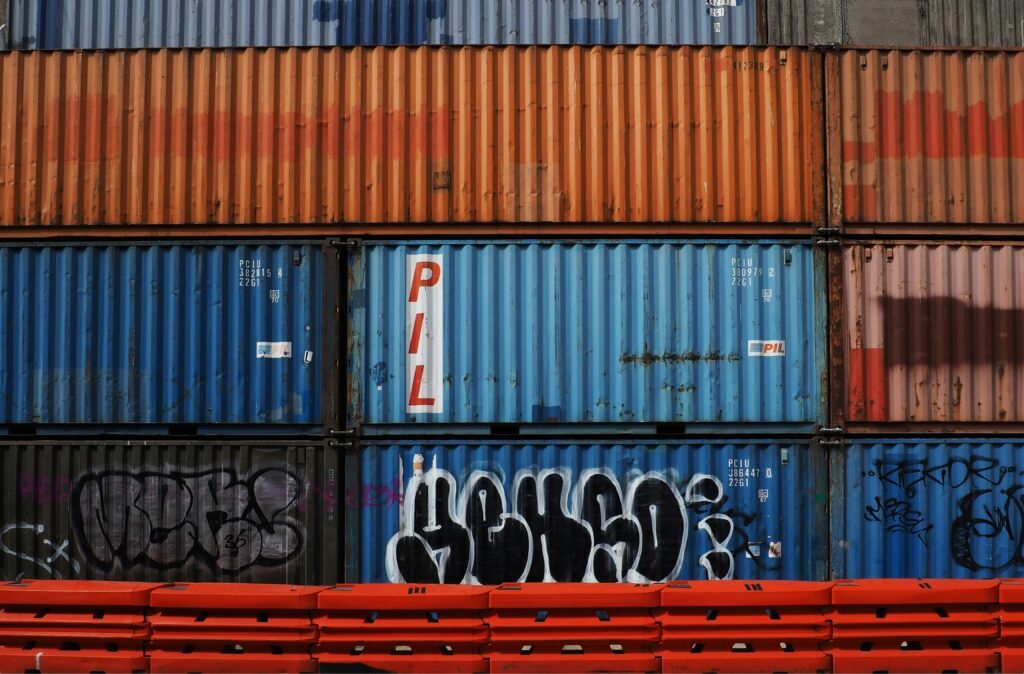
The Household Cost: Up to $2,400 More Per Year
Research from Yale University’s Budget Lab, cited by Forbes, estimates that the average U.S. household could pay an additional $2,400 in 2025 if the new tariffs take effect and persist. This projection reflects the cumulative impact of all tariffs announced in Trump’s plan.
Price Hikes Across Everyday Goods
The tariffs are expected to drive up consumer prices by 1.8% in the near term. Some of the hardest-hit categories include:
- Apparel: Prices could jump 37% in the short term (and 18% long-term).
- Footwear: Up 39% short-term (18% long-term).
- Metals: Up 43%.
- Leather products: Up 39%.
- Electrical equipment: Up 26%.
- Motor vehicles, electronics, rubber, and plastic products: Up 11–18%.
- Groceries: Items like vegetables, fruits, and nuts could rise up to 6%, with additional increases for coffee and orange juice due to specific tariffs on Brazilian imports.

A Historic Tariff Rate and Economic Impact
If fully implemented, the effective tariff rate on U.S. consumers could reach 18%, the highest level since 1934. The broader economic consequences are also notable:
- GDP Reduction: The tariffs could reduce U.S. GDP by 0.4% annually, equating to about $110 billion per year.
- Revenue vs. Losses: While tariffs are projected to generate $2.2 trillion in revenue over the next decade, this would be offset by $418 billion in negative economic impacts.
How Businesses Are Responding
A KPMG survey cited in the report found that 83% of business leaders expect to raise prices within six months of tariff implementation. More than half say their profit margins are already under pressure, suggesting that consumers will likely bear the brunt of these increased costs.

What This Means for Americans
The findings underscore the potential for substantial financial strain on American families and businesses if Trump’s proposed tariffs are enacted. With consumer prices set to rise and economic growth projected to slow, the debate over tariffs is likely to remain front and center in the months ahead.
For more in-depth economic analysis and updates, stay tuned to Bolanlemedia.com.
Business
U.S. Limits Nigerian Non-Immigrant Visas to Three-Month Validity

In July 2025, the United States implemented significant changes to its visa policy for Nigerian citizens, restricting most non-immigrant and non-diplomatic visas to a single entry and a maximum validity of three months. This marks a departure from previous policies that allowed for multiple entries and longer stays, and has important implications for travel, business, and diplomatic relations between the two countries.
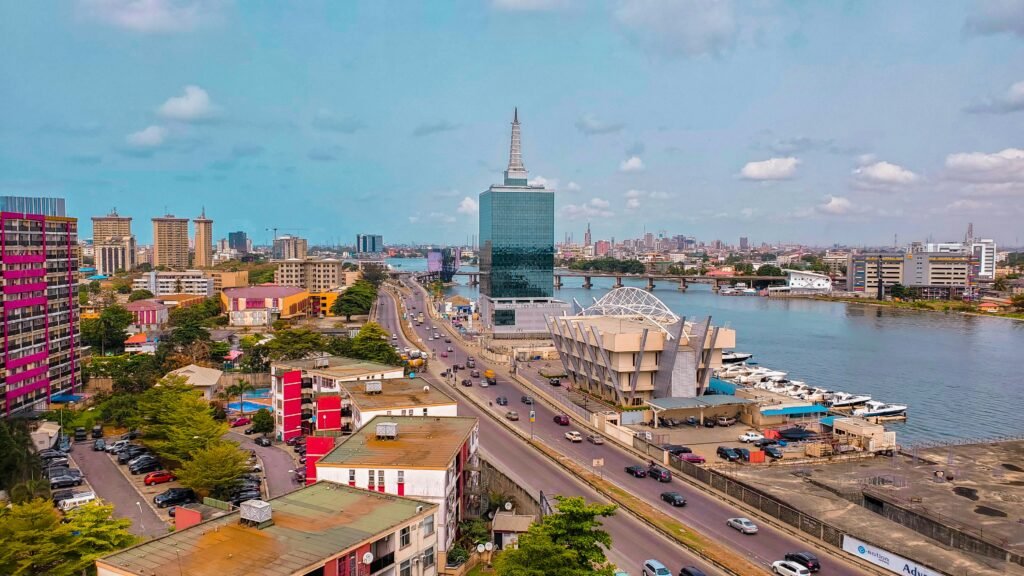
Key Changes in U.S. Visa Policy for Nigerians
- Single-Entry, Three-Month Limit: As of July 8, 2025, most non-immigrant visas issued to Nigerians are now valid for only one entry and up to three months.
- No Retroactive Impact: Visas issued prior to this date remain valid under their original terms.
- Reciprocity Principle: The U.S. cited alignment with Nigeria’s own visa policies for U.S. citizens as the basis for these changes.
- Enhanced Security Screening: Applicants are required to make their social media accounts public for vetting, and are subject to increased scrutiny for any signs of hostility toward U.S. institutions.
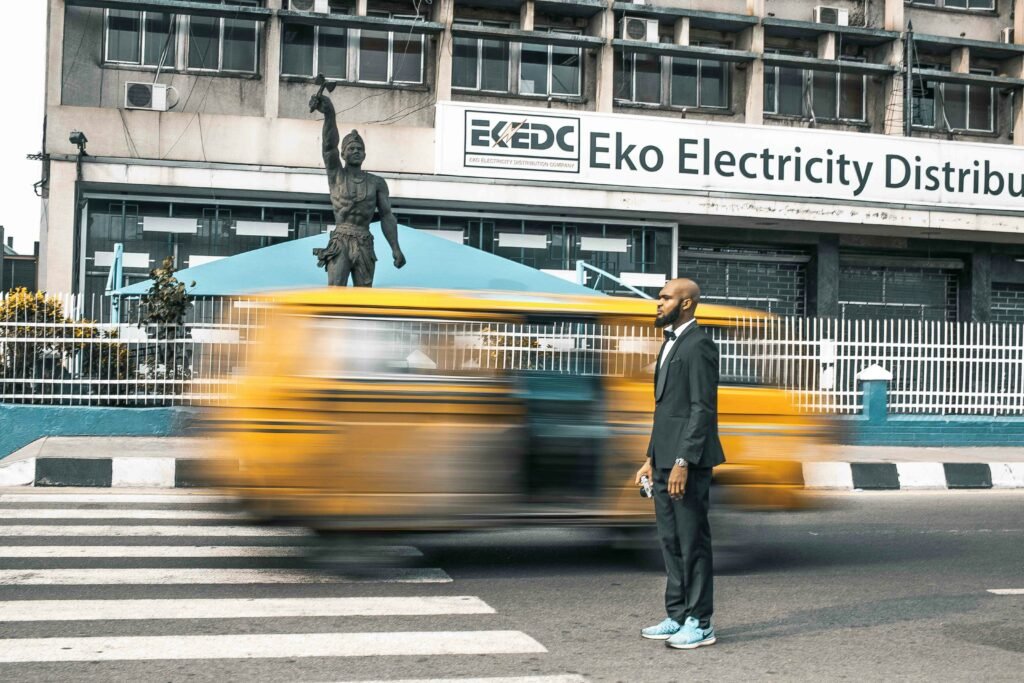
Rationale Behind the Policy Shift
- Security and Immigration Integrity: The U.S. government stated the changes are intended to safeguard the immigration system and meet global security standards.
- Diplomatic Reciprocity: These restrictions mirror the limitations Nigeria imposes on U.S. travelers, emphasizing the principle of fairness in international visa agreements.
- Potential for Further Action: The U.S. has indicated that additional travel restrictions could be introduced if Nigeria does not address certain diplomatic and security concerns.
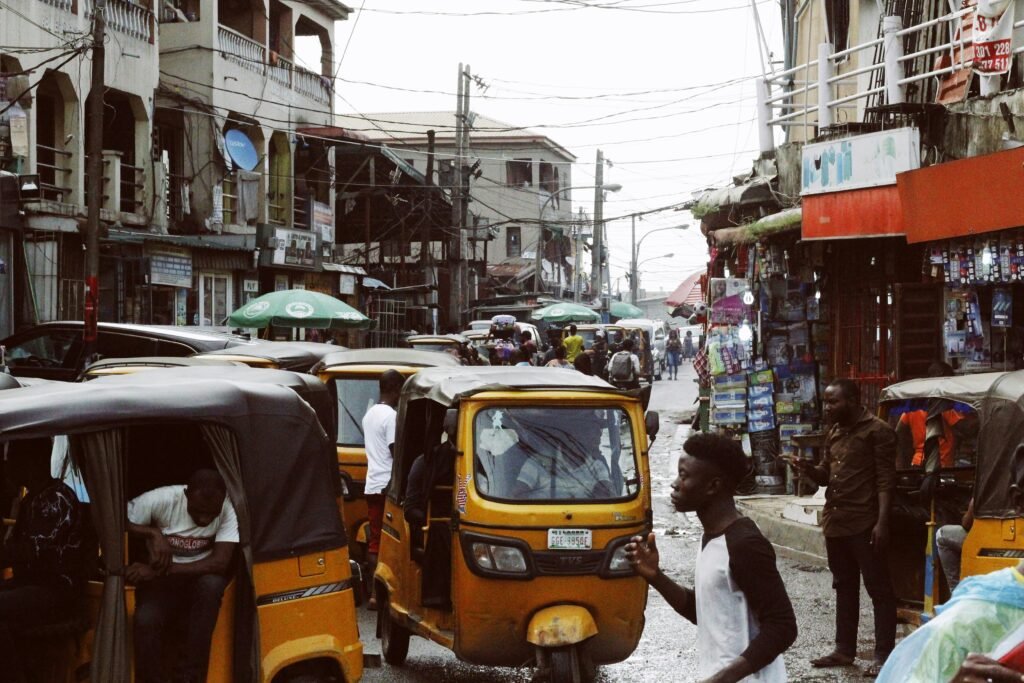
Nigeria’s Updated Visa Policy
- Nigeria Visa Policy 2025 (NVP 2025): Introduced in May 2025, this policy features a new e-Visa system for short visits and reorganizes visa categories:
- Short Visit Visas (e-Visa): For business or tourism, valid up to three months, non-renewable, processed digitally within 48 hours.
- Temporary Residence Visas: For employment or study, valid up to two years.
- Permanent Residence Visas: For investors, retirees, and highly skilled individuals.
- Visa Exemptions: ECOWAS citizens and certain diplomatic passport holders remain exempt.
- Reciprocal Restrictions: Most short-stay and business visas for U.S. citizens are single-entry and short-term, reflecting reciprocal treatment.
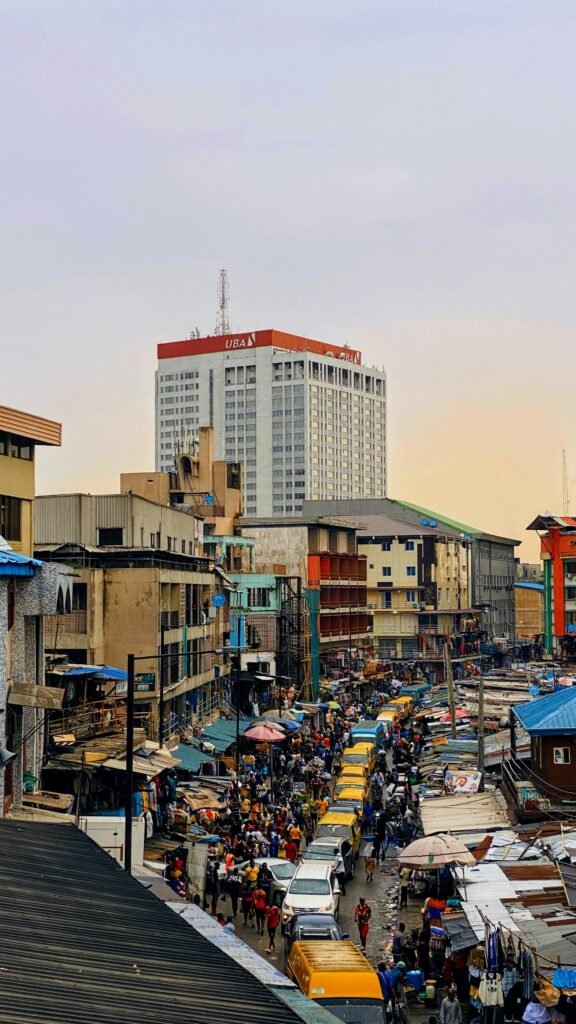
Impact on Travelers and Bilateral Relations
- Nigerian Travelers: Face increased administrative requirements, higher costs, and reduced travel flexibility to the U.S.
- U.S. Travelers to Nigeria: Encounter similar restrictions, with most visas limited to single entry and short duration.
- Diplomatic Tensions: Nigerian officials have called for reconsideration of the U.S. policy, warning of negative effects on bilateral ties and people-to-people exchanges.
Conclusion
The U.S. decision to limit Nigerian non-immigrant visas to three months highlights the growing complexity and reciprocity in global visa regimes. Both countries are tightening their policies, citing security and fairness, which underscores the need for travelers and businesses to stay informed and adapt to evolving requirements.
Business
Nicki Minaj Demands $200 Million from Jay-Z in Explosive Twitter Rant
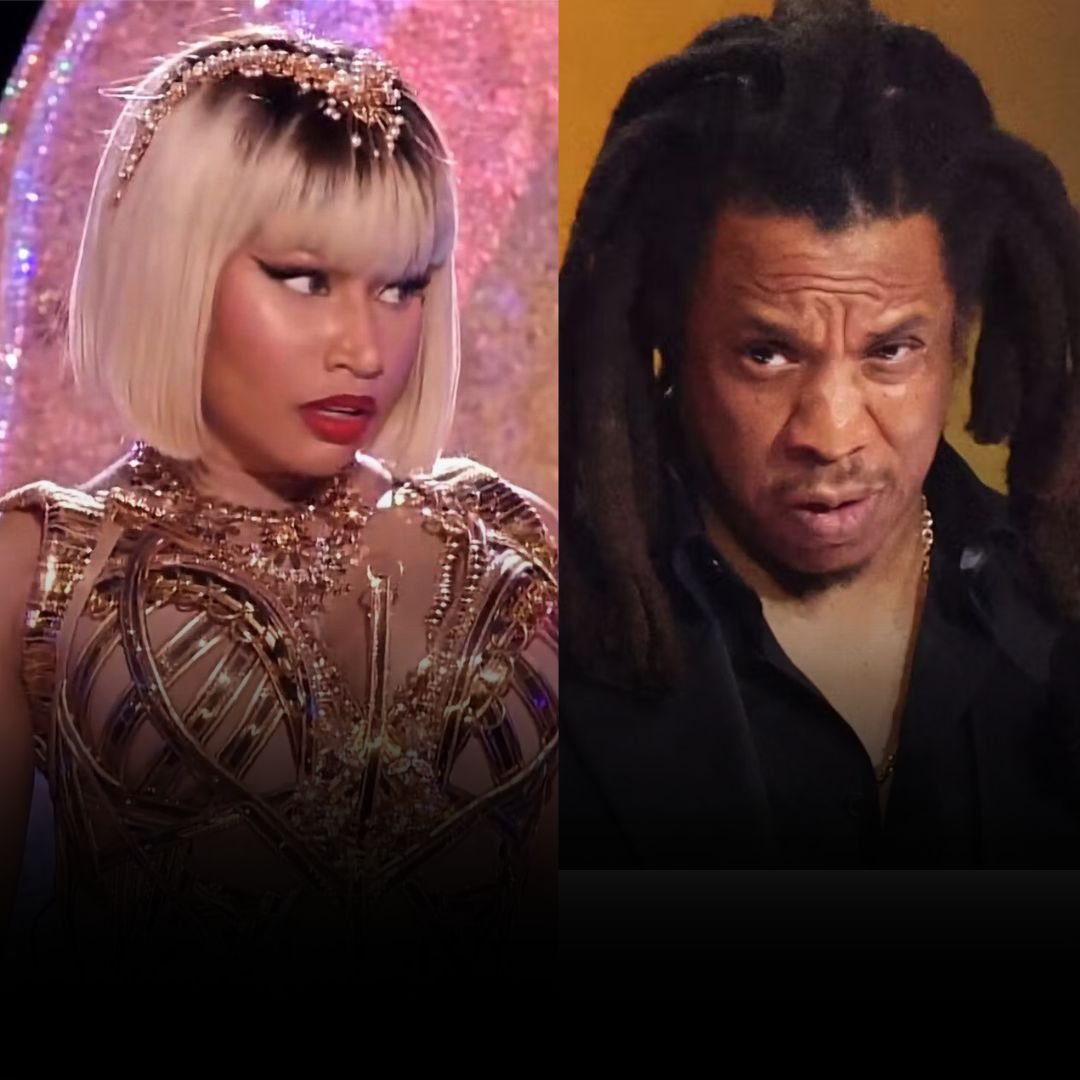
Nicki Minaj has once again set social media ablaze, this time targeting Jay-Z with a series of pointed tweets that allege he owes her an eye-popping $200 million. The outburst has reignited debates about artist compensation, industry transparency, and the ongoing power struggles within hip-hop’s elite circles.
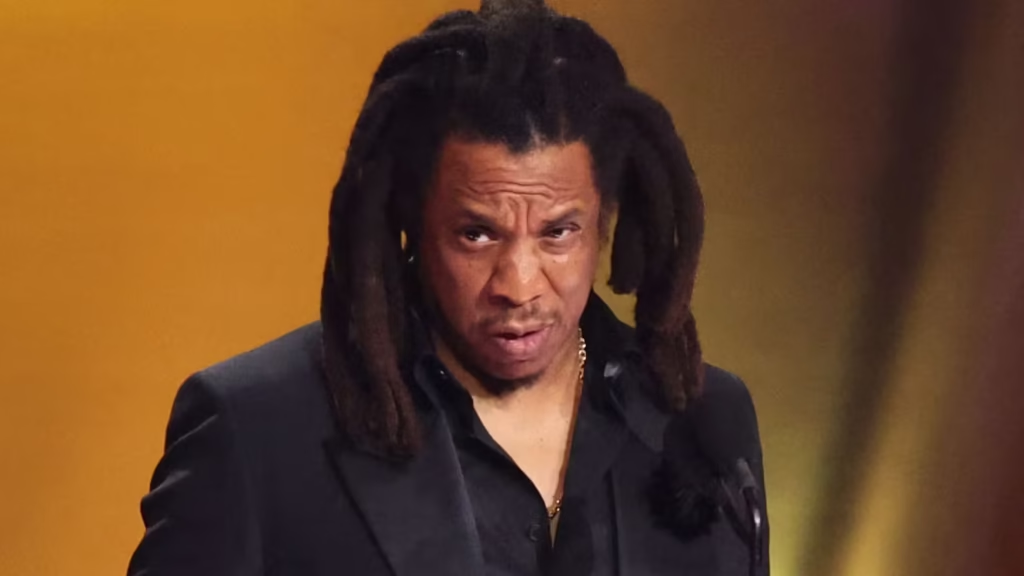
The $200 Million Claim
In a string of tweets, Minaj directly addressed Jay-Z, writing, “Jay-Z, call me to settle the karmic debt. It’s only collecting more interest. You still in my top five though. Let’s get it.” She went further, warning, “Anyone still calling him Hov will answer to God for the blasphemy.” According to Minaj, the alleged debt stems from Jay-Z’s sale of Tidal, the music streaming platform he launched in 2015 with a group of high-profile artists—including Minaj herself, J. Cole, and Rihanna.
When Jay-Z sold Tidal in 2021, Minaj claims she was only offered $1 million, a figure she says falls dramatically short of what she believes she is owed based on her ownership stake and contributions. She has long voiced dissatisfaction with the payout, but this is the most public—and dramatic—demand to date.
Beyond the Money: Broader Grievances
Minaj’s Twitter storm wasn’t limited to financial complaints. She also:
- Promised to start a college fund for her fans if she receives the money she claims is owed.
- Accused blogs and online creators of ignoring her side of the story, especially when it involves Jay-Z.
- Warned content creators about posting “hate or lies,” saying, “They won’t cover your legal fees… I hope it’s worth losing everything including your account.”
She expressed frustration that mainstream blogs and platforms don’t fully cover her statements, especially when they involve Jay-Z, and suggested that much of the coverage she receives is from less reputable sources.
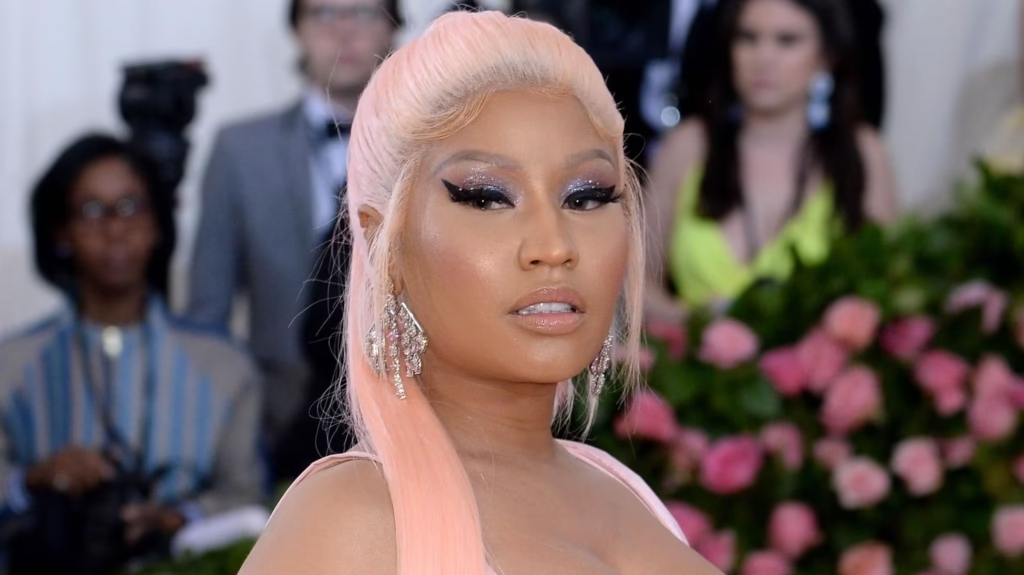
Satirical Accusations and Industry Critique
Minaj’s tweets took a satirical turn as she jokingly blamed Jay-Z for a laundry list of cultural grievances, including:
- The state of hip-hop, football, basketball, and touring
- The decline of Instagram and Twitter
- Even processed foods and artificial dyes in candy
She repeatedly declared, “The jig is up,” but clarified that her statements were “alleged and for entertainment purposes only.”
Political and Cultural Criticism
Minaj also criticized Jay-Z’s political involvement, questioning why he didn’t campaign more actively for Kamala Harris or respond to President Obama’s comments about Black men. While Jay-Z has a history of supporting Democratic campaigns, Minaj’s critique centered on more recent events and what she perceives as a lack of advocacy for the Black community.
The Super Bowl and Lil Wayne
Adding another layer to her grievances, Minaj voiced disappointment that Lil Wayne was not chosen to perform at the Super Bowl in New Orleans, a decision she attributes to Jay-Z’s influence in the entertainment industry.
Public and Industry Reaction
Despite the seriousness of her financial claim, many observers note that if Minaj truly believed Jay-Z owed her $200 million, legal action—not social media—would likely follow. As of now, there is no public record of a lawsuit or formal complaint.
Some fans and commentators see Minaj’s outburst as part of a larger pattern of airing industry grievances online, while others interpret it as a mix of personal frustration and performance art. Minaj herself emphasized that her tweets were “for entertainment purposes only.”
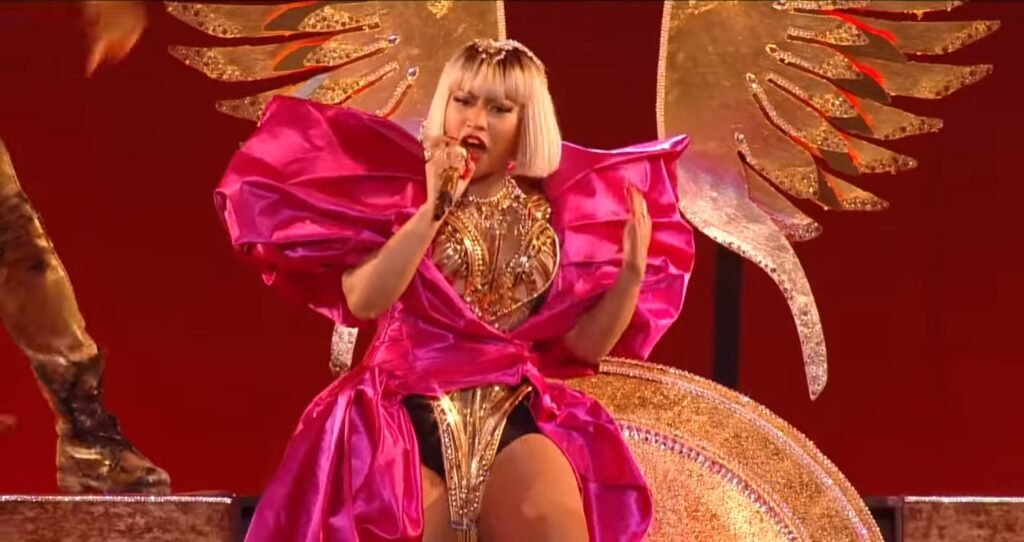
Conclusion
Nicki Minaj’s explosive Twitter rant against Jay-Z has once again placed the spotlight on issues of artist compensation and industry dynamics. Whether her claims will lead to further action or remain another dramatic chapter in hip-hop’s ongoing soap opera remains to be seen, but for now, the world is watching—and tweeting.

 Business2 weeks ago
Business2 weeks agoPros and Cons of the Big Beautiful Bill

 Advice3 weeks ago
Advice3 weeks agoWhat SXSW 2025 Filmmakers Want Every New Director to Know

 Film Industry4 weeks ago
Film Industry4 weeks agoFilming Yourself and Look Cinematic

 News2 weeks ago
News2 weeks agoFather Leaps Overboard to Save Daughter on Disney Dream Cruise

 Health2 weeks ago
Health2 weeks agoMcCullough Alleges Government Hid COVID Vaccine Side Effects

 Advice3 weeks ago
Advice3 weeks agoWhy 20% of Us Are Always Late

 Advice3 weeks ago
Advice3 weeks agoHow to Find Your Voice as a Filmmaker

 Entertainment2 weeks ago
Entertainment2 weeks agoJuror 25’s Behavior Sparks Debate Over Fairness in High-Profile Diddy Trial















